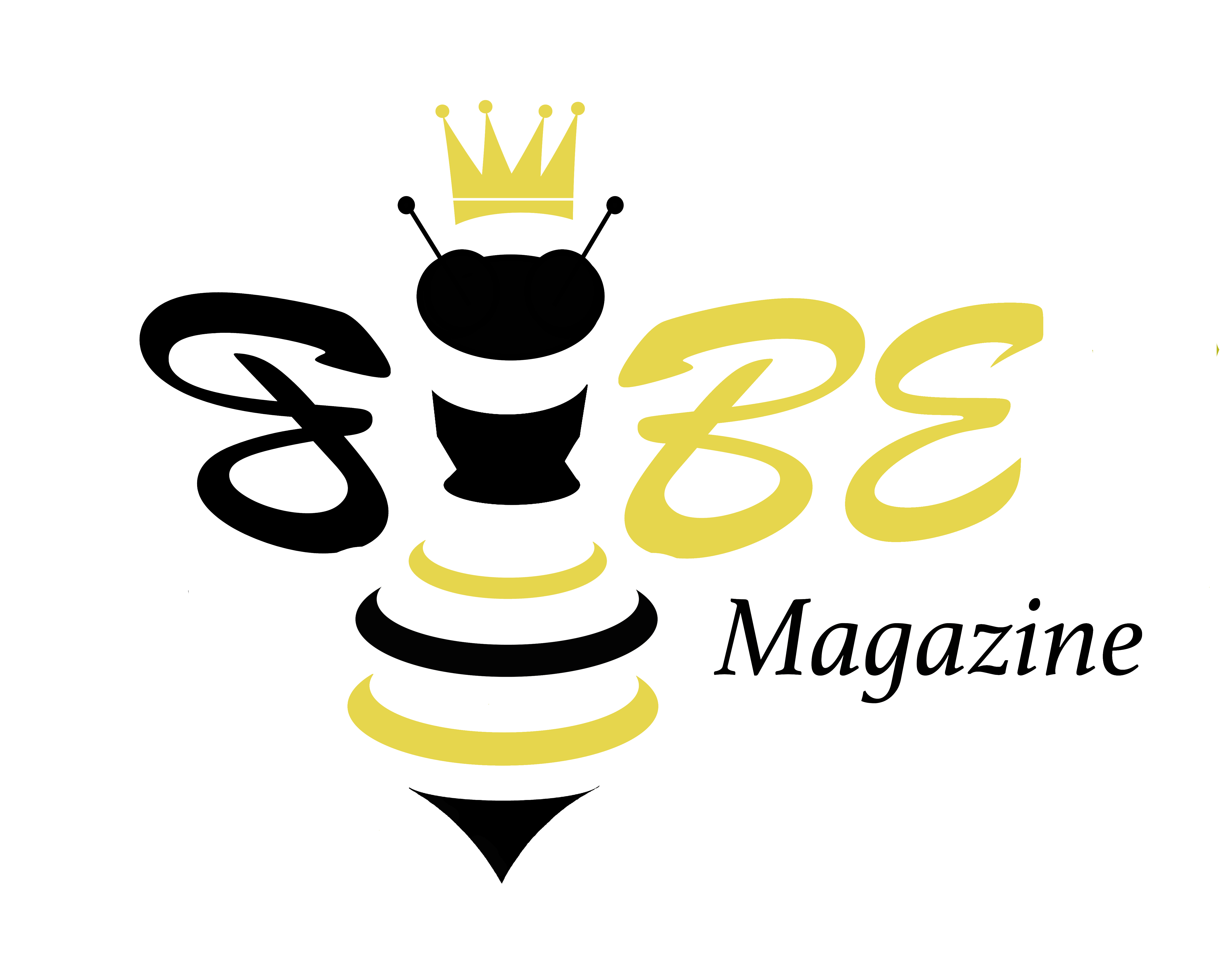What comes to mind when you think of young adult literature? In a genre that contains titles such ranging from The Giver to The Hunger Games to The Fault in Our Stars, it can be quite difficult to come to a set conclusion. The media has certainly portrayed this genre in a negative light and it can feel like society demeans young adult literature, pushing teenage readers towards works that are considered to be classics. But contrary to this belief, young adult literature is some of the most essential literature a teenager can read.
There is a frequent trend in America where the media devalues culture surrounding teenagers, especially girls. Today, the media portrays artists such as One Direction, Justin Bieber, and Ariana Grande as frivolous performers rather than impactful contributors to pop culture. This tendency is nothing new. Despite their legendary status today, The Beatles was discredited in the 1960s due to their screaming female teenage fans. Today, the trend has made its way to young adult literature, a genre specifically aimed for teens.
Some may argue that young adult literature is not “literary”. Due to the negative stigma that can surround this genre, many do not believe that YA lit is intellectually stimulating. Adults may tend to degrade these types of reads, deeming it “chicklit”. However, a lesser-known fact about YA lit is that its earliest publications are well known classics today. The publications of J.D. Salinger’s The Catcher in the Rye and S.E. Hinton’s The Outsiders in the 1950s pioneered a genre that focused on a narrative from the viewpoint of a young adult. These novels are taught in school today, and are certainly not considered to be “chicklit”.
For those who discredit the genre, think about The Book Thief by Markus Zusak. The Book Thief tells the story two German children, Liesel and Rudy, and the people who they encounter in their village during World War II. The Book Thief is more than your typical historical novel because Zusak incorporates a variety of noteworthy literary elements into the work. One unique aspect includes “Death” who is an actual character that narrates the story. The novel also features a distinctive storytelling method where important plot points are revealed many chapters before they actually occur.
The Fault in Our Stars is another strong example. The novel follows two lovers whose romance is put under immense stress due to their illnesses. Through the protagonists, Green explores the ideas of finding meaning in a shortened life, young romance, and what commitment to another truly means. In addition, he includes a substantial amount of symbolism. The Fault in Our Stars is so full of metaphor that Green created a website explaining the thought processes behind each one (http://onlyifyoufinishedtfios.tumblr.com/). Both of these young adult novels are taught in classrooms today; perhaps one day they will be considered classics.
Young adult literature can also serve to educate teenagers on issues from a more personal narrative. Exposure to the topic increases awareness of issues that readers themselves might face. It is a place for readers with similar experiences to process and validate their feelings. One example may be Speak by Laurie Halse Anderson. This novel is told from the perspective of a high school freshman during the year following her rape. Readers who have encountered throughout their lifetime might find help in ways that they could not otherwise through novels like these.
However, the most important question remains. Why do we read? In today’s day and age, we consume media that is relevant to our lives as well as media we find meaning in. We read for entertainment and we read to inform ourselves. It is not always easy to find similarity between my life and the life of Captain Ahab in Moby Dick. While this book may be considered a classic, it can be much more emotionally rewarding to read a novel that is more relatable to your own life. Ultimately, the texts that you choose to engage with are up to you. Don’t write off what you love to read. What is most important is that you are interested and engaged. If this is true, then keep reading, despite what others may be saying.
So, the next time you are selecting your next read, consider something from the Young Adult section. What you will find may surprise you.
-Katy Kachnowski

